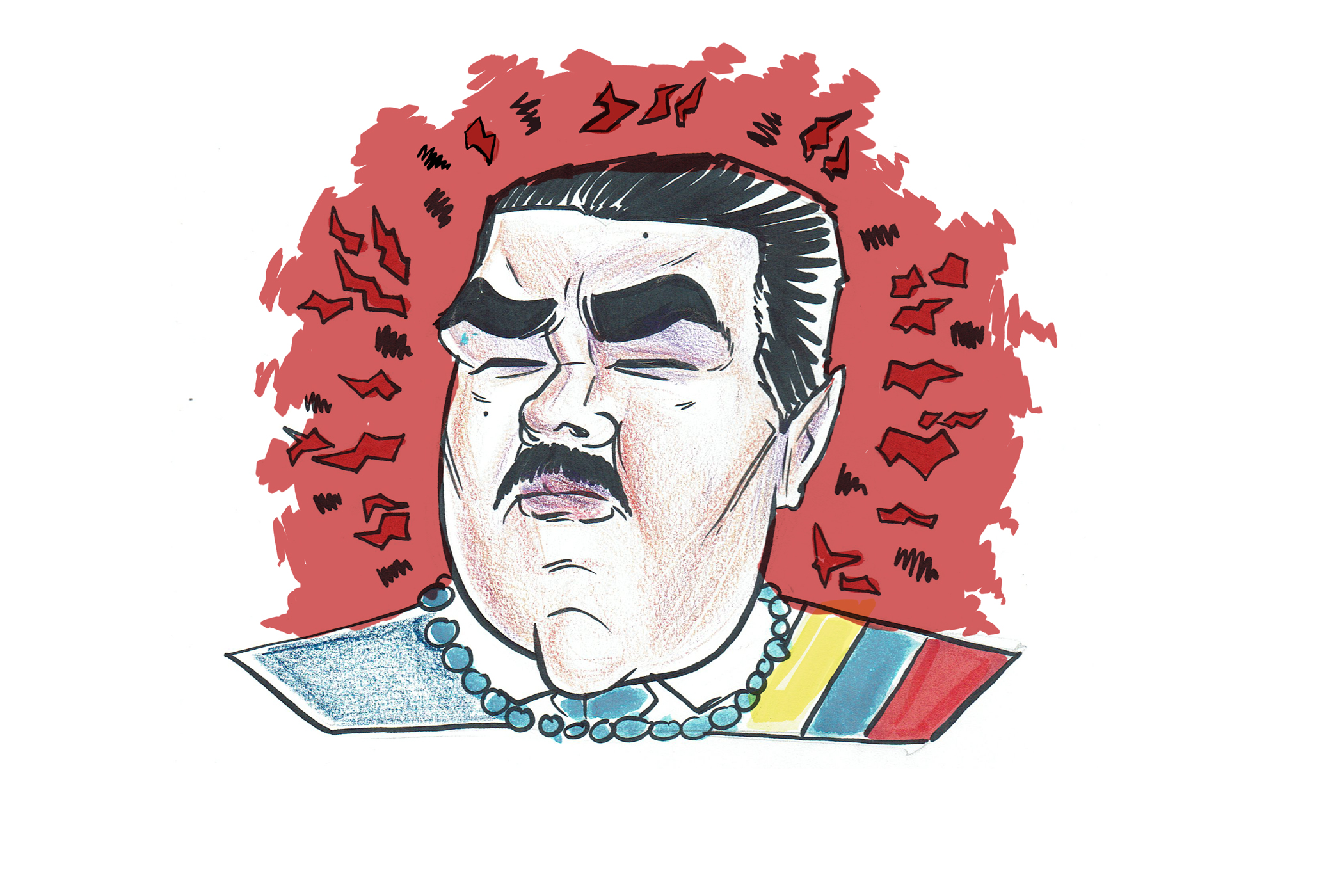French President Emmanuel Macron’s vow to protect the right to caricature prophet Muhammad has led to protests by tens of thousands of Muslims in Pakistan, Lebanon and elsewhere, according to The Guardian.
Macron said France would not give in to any terror attacks, especially after the latest event where a man killed three people in central Nice at the Notre Dame Basilica. The man was carrying a 17-centimeter knife as he entered the church around 8:30 a.m.
According to the French Media, the man was 21-year-old Tunisian national Brahmin Aouissaoui. He entered the country illegally, via Italy, in early October.
City police described the scene as a “vision of horror,” after shooting the killer several times. Aouissaoui reportedly refused to drop his knife, injuring an officer.
This attack came 13 days after an 18-year-old man beheaded a school teacher in France who showed caricatures of the prophet in class. Tensions between the country and Muslim-majority nations further escalated.
As the national anti-terrorist prosecutor claimed that the event was linked to a terrorist organization, Macron insisted on cracking down on Islamist extremism. This led him to shut down mosques and other organizations deemed violent and radical.
Different nations demonstrated in their capital cities, where some demonstrators turned violent, as they expressed their anger towards Macron. In the capital of Pakistan, Islamist activists hanged an effigy of the French president while marching towards the French embassy in Islamabad.
In Beirut, Lebanon’s capital, demonstrators headed towards the Palais des Pins, waving white flags with Islamist insignia while others threw stones at police. The demonstrations in the country were considered an embarrassment for its prime minister, Saad Hariri, who is aiming to form a new government that implements the French plan for economic reform.
In Istanbul, protesters filled up a Shia mosque where they chanted religious slogans while holding signs and burning posters of Macron. Unlike Prime Minister Hariri in Lebanon, President Recep Tayyip Erdoğan did not think they were an embarrassment. “I appeal to my people. Don’t ever pay attention to French brands. Don’t buy them,” Erdoğan said, according to Al Jazeera.
Israeli police dispersed and detained Palestinian protesters in Jerusalem, the third holiest place in Islam. The militant Hamas group also organized rallies across territories in the Gaza Strip, responding to Macron and the insulting caricature. Hamas Official Fathi Hammad vowed to “stand together to confront this criminal offensive that harms the faith of about 2 billion Muslims.”
The Egyptian minister of religious endowments, Mohamed Mokhtar Gomaa, stated “love of the prophet cannot be expressed by killing, sabotaging or responding to evil with evil,” addressing all Muslims, in response to the attacks in France, according to The Guardian.
Macron acknowledged these issues during an interview with Al Jazeera. “I understand the sentiments being expressed and I respect them. But you must understand my role right now, it’s to do two things: to promote calm and also to protect these rights,” Macron said. “I will always defend in my country the freedom to speak, to write, to think, to draw.”
During a meeting of Turkish President Erdoğan’s governing Justice and Development Party, Erdoğan criticized Macron saying, “What is the problem this person called Macron has with Islam and Muslims? Macron needs mental treatment.”
AP News reported the French newspaper Charlie Hebdo is known for provoking Islamists and mocking extremists, despite an attack in 2015 where two people, inflamed by the caricatures, rushed the news room and killed 12 people. The publication has been constantly pushing the limits of French hate speech laws by expressing their belief that the intolerance and politics of Islam threaten the country’s democracy.
“We need strong actions to stop Islamism but also to condemn the slightest gesture, the slightest intolerant or hateful word toward French people of immigrant backgrounds,” Charlie Hebdo’s editor Riss said.
According to Al Jazeera, the editors of this magazine even believed that it was essential to reprint caricatures of Muhammad on the eve of the trial of the 2015 attackers. Most critics believe that the principle of free speech is victimized by “Islamic rage,” not just the cartoonists.
Amas Barlas, retired professor of politics, shared her opinion on the matter.
“It is difficult to see how anyone—not only a Muslim—could find a cartoon of the prophet as a terrorist/suicide bomber amusing without also treating terrorism itself lightly,’ Barlas said. “After all, how many of us can laugh at a cartoon of a suicide bomber, irrespective of who that person is supposed to be?”






